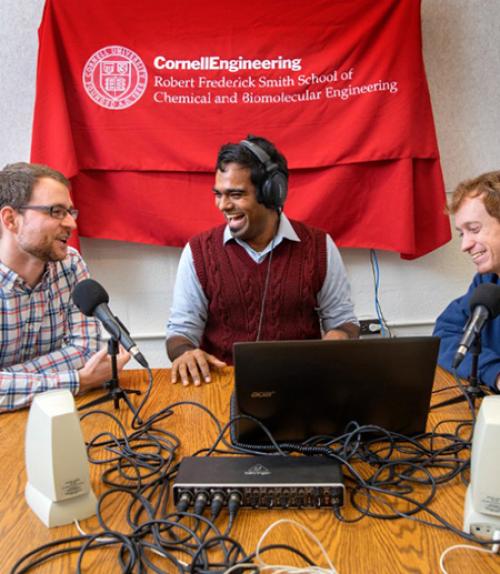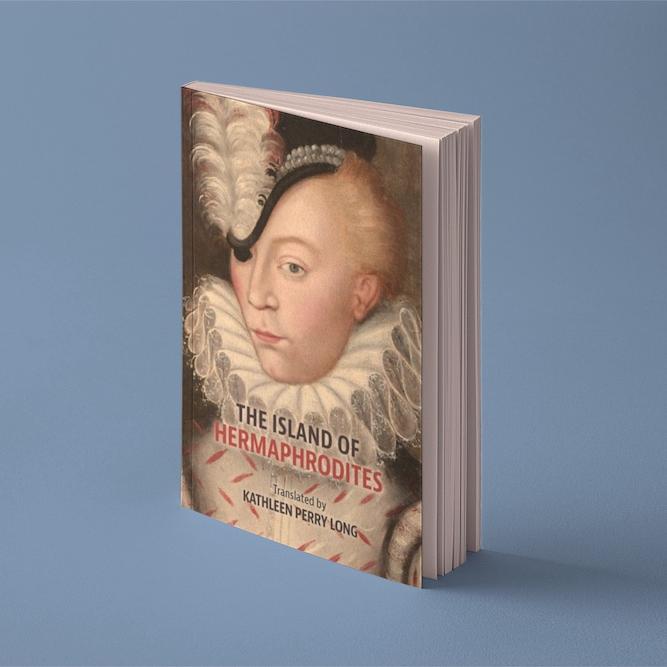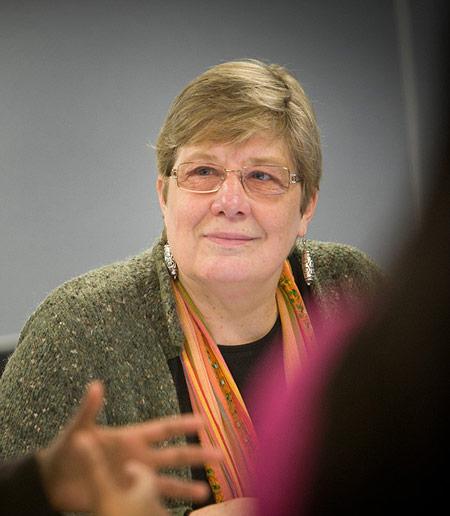
 Department Homepage
The College of Arts & Sciences
Department Homepage
The College of Arts & Sciences
Eighteen receive Engaged Graduate Student Grants
Eighteen Cornell doctoral students have received 2019-20 Engaged Graduate Student Grants totaling $269,397, which will support community-engaged research relevant to their dissertations.



